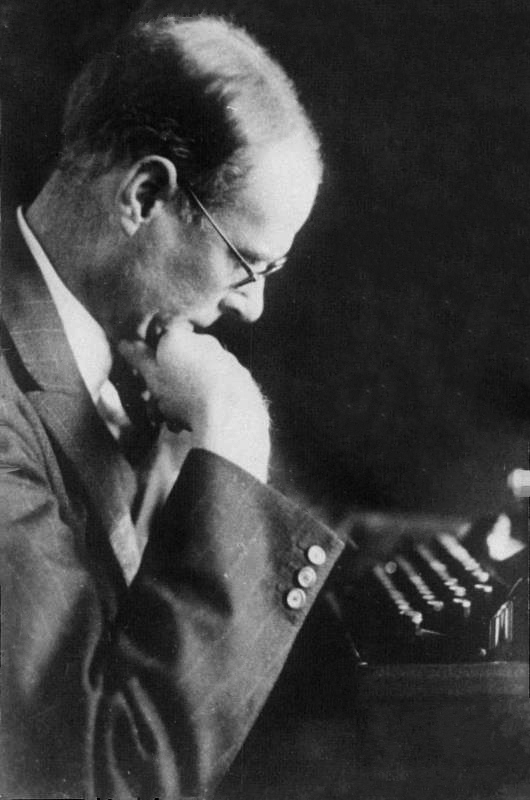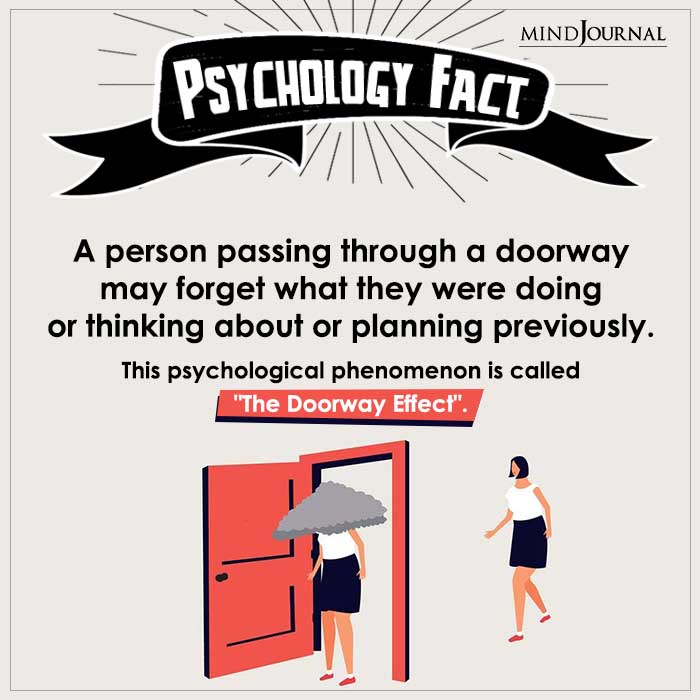 Some of the best advice for overcoming writer’s block comes from U2’s Bono by way of R.E.M.’s Michael Stipe. At least, I think that’s the case … though try as I might, I can’t locate any record of the interview.
Some of the best advice for overcoming writer’s block comes from U2’s Bono by way of R.E.M.’s Michael Stipe. At least, I think that’s the case … though try as I might, I can’t locate any record of the interview.
Nor do I recall anything else said in the interview or even if I came across it in a video, audio, or magazine. But I do recall that at one point the conversation turned to songwriting, and it was then that Stipe related Bono’s remedy: “Leave the room,” Stipe said, quoting Bono. “Then walk back in.”
<<< Bono at Lucas Oil Stadium, Indianapolis, 2017, photo by Daniel Hazard. Creative Commons.
That’s not an exact quote. Indeed, it’s quite possible (since I can’t recall anything else about where I heard it) that the advice came from somewhere else. Perhaps it was some other songwriter relating the work habits of some other rock star. Or possibly the whole thing is a figment of false memory. But in any event, the advice summarizes an effective approach to dealing with writer’s block.
 And it doesn’t just work for musicians.
And it doesn’t just work for musicians.
Consider the advice that advertising executive Don Draper gives to struggling copywriter Peggy Olson in Mad Men, Season 1, Episode 11: “Just think about it deeply,” Draper said. “Then forget it, and an idea will jump up in your face.”
Of course, the notion of forgetting about or simply walking away from a piece of writing goes against the oft-quoted advice given to Sinclair Lewis by Mary Heaton Vorse, specifically that “the art of writing is the art of applying the seat of the pants to the seat of the chair,” or Ernest Hemingway’s claim that all a writer needs to do is “write one true sentence … and then go on from there.”
Sinclair Lewis applying the seat-of-the-pants approach in 1944. Photographer Unknown. Public Domain.>>>
But the pants-in-chair strategy may not always be the best approach. Indeed, I’ve written about how the things that some folks call procrastination are actually a vital part of the writing process. You can find some of those thoughts in my post “Thinking Like a Writer” (here’s a link) and on my long out-of-date Goodreads page (it’s out there somewhere).
 And now it turns out there’s a scientific reason why walking away works. It has to do with how the brain is wired, and it’s called “the doorway effect.”
And now it turns out there’s a scientific reason why walking away works. It has to do with how the brain is wired, and it’s called “the doorway effect.”
<<< Graphic from Mind Journal.
Chances are you’ve experienced it. It happens when you go to get something from another room and then forget what you were looking for. Turns out that kind of forgetting is not the result of dying brain cells. It’s just that our minds are set up to dump short-term memories when we move from one task to another, or—as an article in Scientific American puts it:
Some forms of memory seem to be optimized to keep information ready-to-hand until its shelf life expires, and then purge that information in favor of new stuff. [Psychologists] call this sort of memory representation an “event model,” and propose that walking through a doorway is a good time to purge your event models because whatever happened in the old room is likely to become less relevant now that you have changed venues.
All of this might explain why momentarily walking away from a stalled writing project may be all you need to reset your thinking.
Try it, and let me know what you think. You can leave a post below or reach out via the social media buttons at the top of this page. And if you happen to know anything about that elusive Michael Stipe interview, be sure to pass that along too.

Leave a Reply